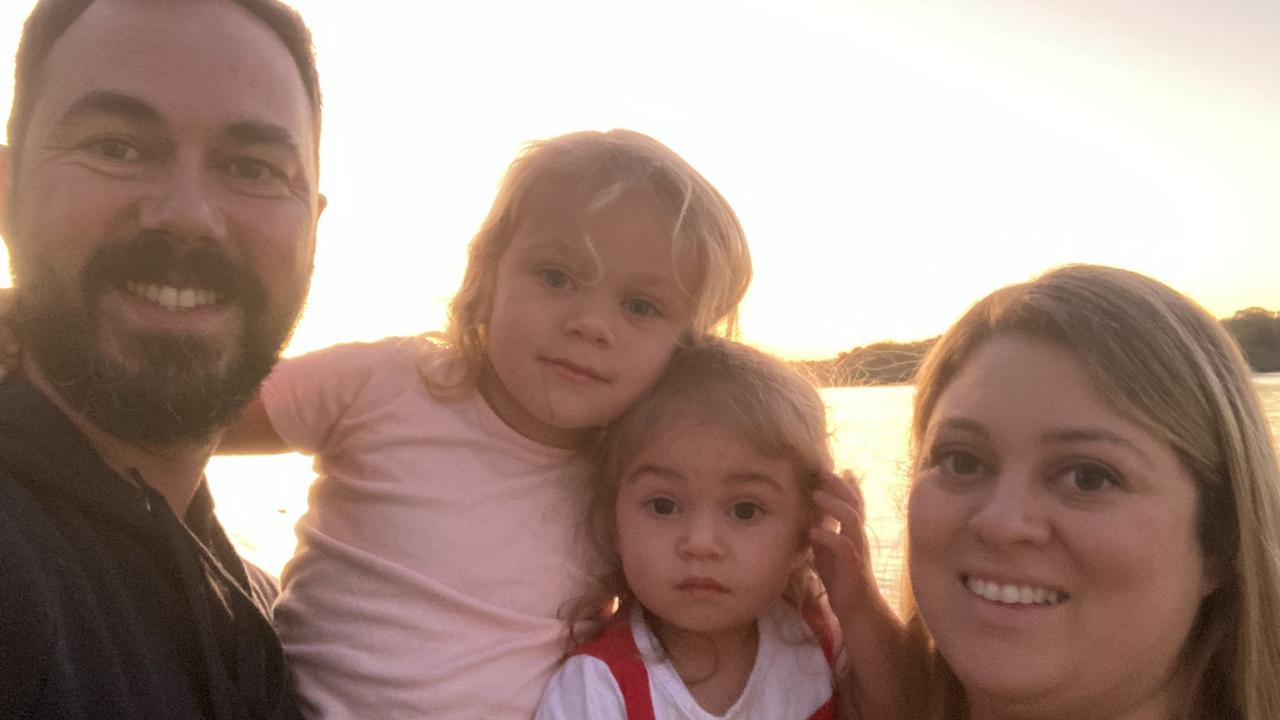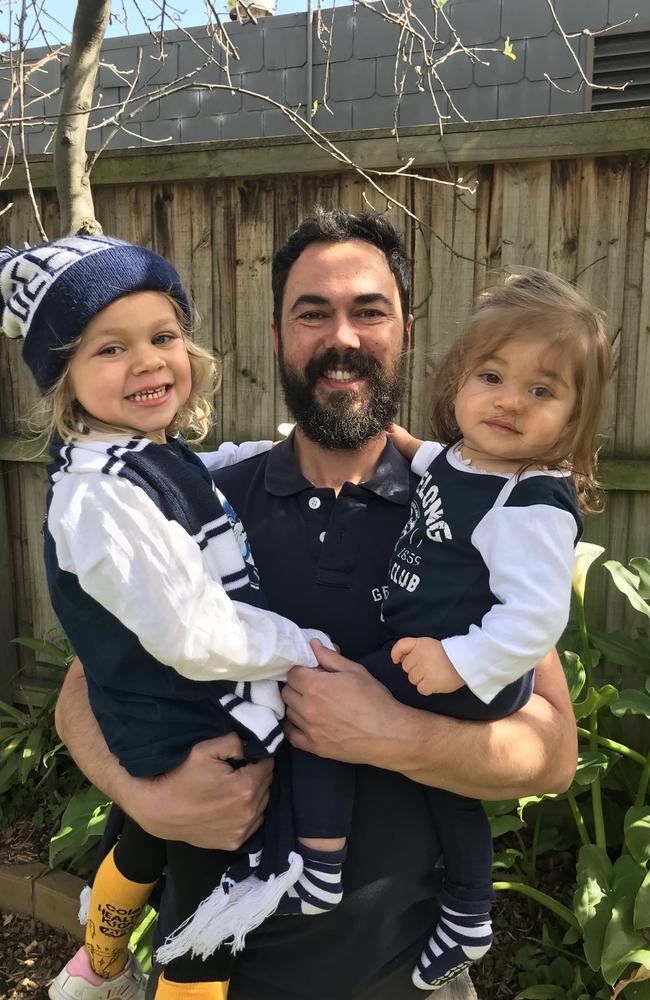When mercy for offender becomes a danger to the public
The tragic death of a loved father is not just a story about his killer’s failure. It’s a reckoning for the justice system that let him walk free.

Geelong
Don't miss out on the headlines from Geelong. Followed categories will be added to My News.
Paul Grapsas is dead.
Killed near his waterfront home in the early hours of a September morning, while his pregnant wife waited inside.
He’d stepped out for a walk with the dog.
But he never came back.
The Geelong Advertiser today revealed his killer, Bailey Clifford, had already threatened a man with a knife.
He’d stood in a courtroom, with regret, and said he wanted to turn his life around.
The court believed him.
Instead of jail, he received a second chance – a community corrections order.
Magistrate Ann McGarvie told the then 19-year-old in court she hoped her leniency and his exposure to jail on remand would be used as a second chance at life.
“This can be a blip in your life that you may look back on and say going to prison for six days was a good thing,” she said at the time.
Six days, as it turns out however, were not enough.
Three months after the court decision, Mr Grapsas was dead.

This is not just a story about one man’s failure.
It’s a reckoning for the system that let him walk free.
Many among us want our justice system to aspire to more than just punishment.
It should try to rehabilitate.
To prevent lives from being wasted in prison cells.
To believe that people, especially the young, can change.
That goal is noble – and necessary.
We should always seek a path back for those who’ve lost their way.
But at what cost?
What happens when mercy for the offender becomes danger for the public?
When the benefit of the doubt is extended once too often?
When the scales tip too far from accountability and safety?
In the case of Mr Grapsas, the justice system, while it may have aimed to be fair and humane to one, it disregarded the rights of those who’ve done nothing wrong.
Now a wife is widowed.
Three children will grow up without their father.
One will never meet him.
There must be space for redemption.
But it must be earned — and it must never come at the expense of the safety of the broader community.
Nadja Fleet is editor of the Geelong Advertiser
More Coverage
Originally published as When mercy for offender becomes a danger to the public






